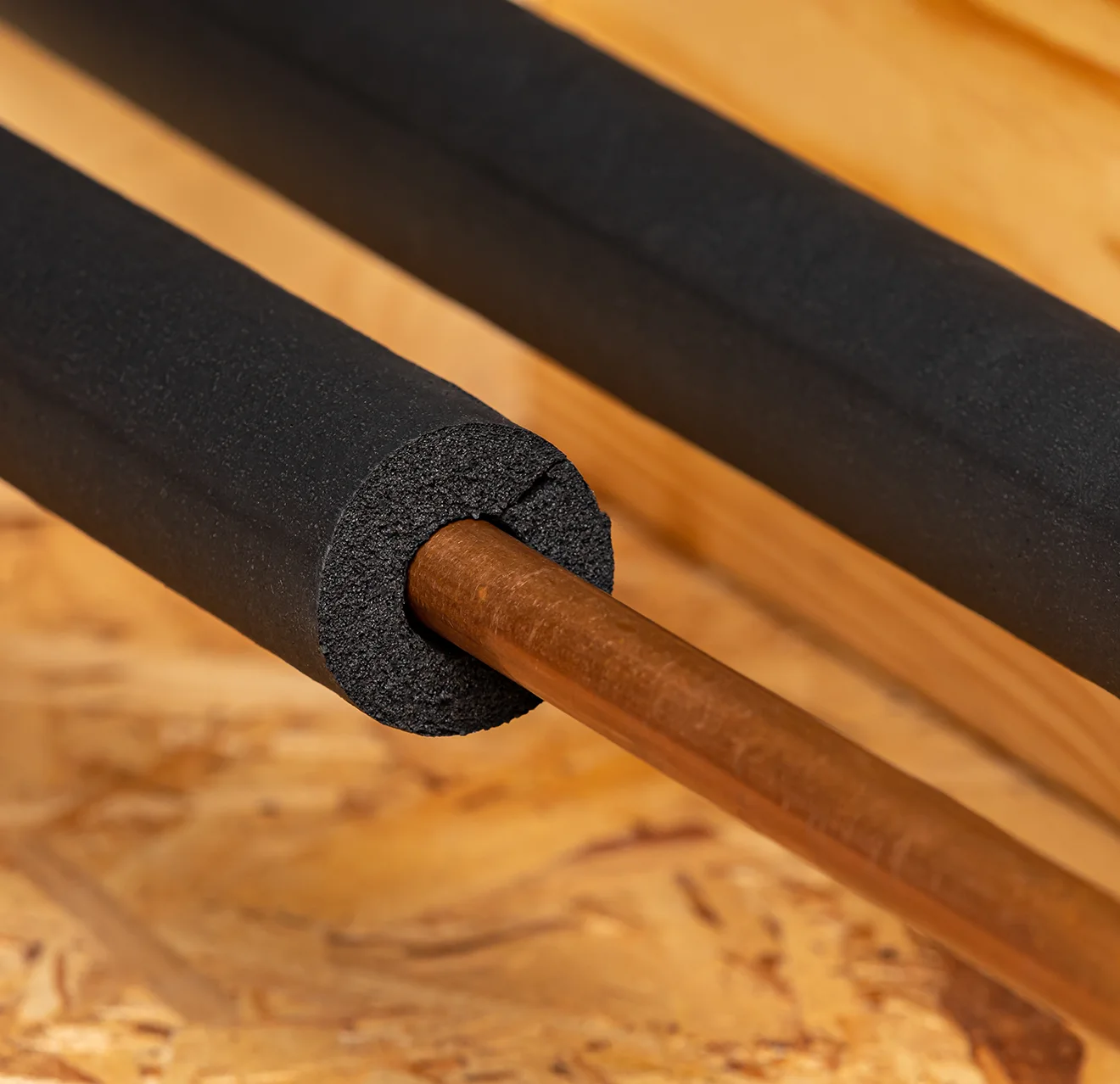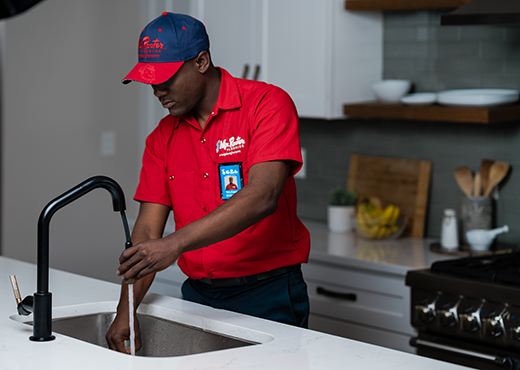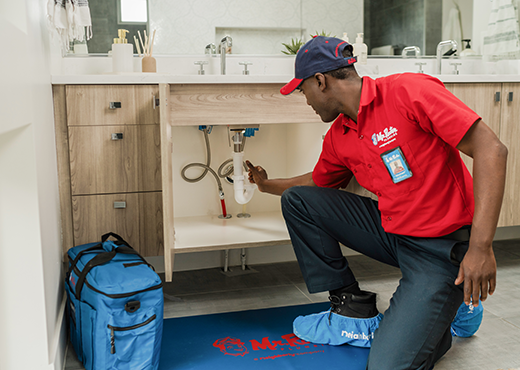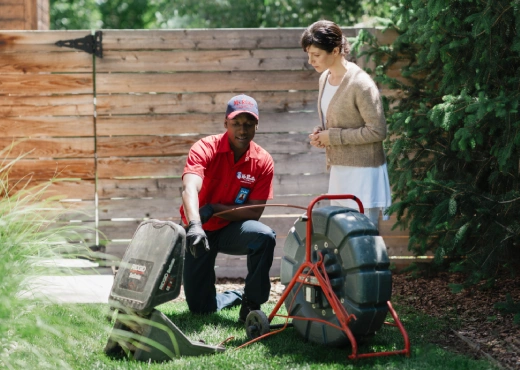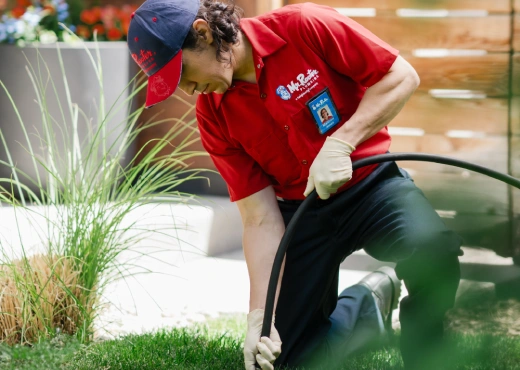Ensuring proper insulation for both indoor and outdoor pipes is essential for maintaining the efficiency and longevity of your plumbing system. At Mr. Rooter® Plumbing of Tri-Cities, we specialize in installing hot pipe and cold protection insulation to safeguard your plumbing against various risks.
Hot pipe insulation serves to prevent heat loss, thereby reducing energy consumption and minimizing the risk of fire hazards and burns. On the other hand, cold weather plumbing insulation is crucial for protecting your pipes from freezing during the winter months. Frozen pipes can lead to costly damage, including burst pipes and subsequent flooding.
Don't leave your plumbing vulnerable to the elements. Invest in proper insulation today to protect your pipes and avoid potential disasters.
Call us or request an estimate online to take the first step towards ensuring the safety and efficiency of your plumbing system.

